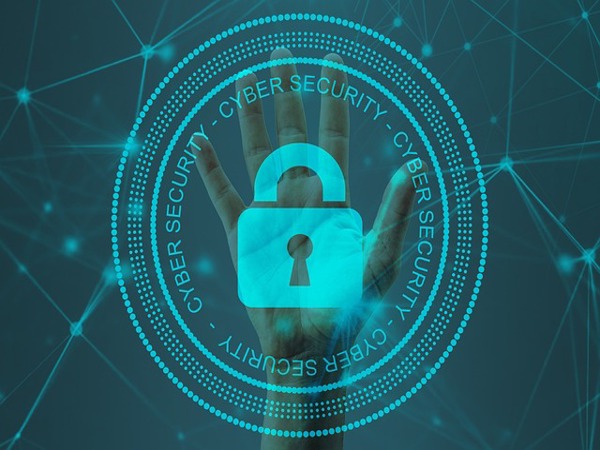My name is Tolu, and like many Nigerians, I’ve embraced online banking and digital financial services. With the convenience of accessing my accounts from anywhere, I felt empowered and in control. However, this confidence was shaken when I received an alert that someone had attempted to access my savings account. That was the wake-up call I needed to rethink how I protected my financial information. This is the story of how I learned to create strong passwords for my financial accounts, and how you can do the same.
The Incident: It was a Monday morning, and I was getting ready for work when I received a notification from my bank. Someone had tried to log into my account multiple times, but fortunately, they couldn’t get past the password. My initial relief quickly turned into anxiety—what if they had succeeded?
I realized that my passwords were weak and predictable. I had been using the same password for multiple accounts, a combination of my birth year and a simple word. It was time to change that.
Step-by-Step Solutions:
Understand the Importance of a Strong Password:
- Why It Matters: A strong password is your first line of defense against unauthorized access to your financial accounts. In Nigeria, where cybercrime is on the rise, having a weak password can make you an easy target for hackers.
- Realization: After the attempted hack, I knew I needed to create stronger passwords that would be difficult for anyone to guess.
Avoid Using Common Words and Personal Information:
- The Old Habits: My previous password was something like “Tolu1985”—a combination of my name and birth year. Easy to remember, but also easy to guess.
- The Change: I learned that using common words, names, or personal information like your date of birth is a big no-no. Hackers often use brute-force attacks where they try common words and combinations to crack passwords.
Create Complex and Unique Passwords:
- Mix It Up: I decided to create passwords that were a mix of uppercase and lowercase letters, numbers, and special characters. For example, instead of using “Tolu1985,” I created something like “T0lu@1985#Sec!”.
- Use a Passphrase: Another method I adopted was using a passphrase—a sentence or a combination of random words. For example, “!Football5is#Fun@123” is both complex and easy to remember.
Use a Password Manager:
- Simplify the Process: Managing multiple complex passwords can be challenging, so I started using a password manager. This tool stores all my passwords securely and can generate random, strong passwords for me. Now, I only need to remember one master password.
- My Experience: At first, I was skeptical about storing my passwords in one place, but after researching reputable password managers, I found one that offered robust security features.
Enable Two-Factor Authentication (2FA):
- Add Another Layer: Even with a strong password, I didn’t want to take any chances. I enabled two-factor authentication (2FA) on my financial accounts. This way, even if someone somehow got my password, they’d still need a second piece of information—like a code sent to my phone—to access my account.
- The Implementation: Setting up 2FA was straightforward with most banks and financial platforms in Nigeria. It gave me an extra layer of protection and peace of mind.
Regularly Update Your Passwords:
- Stay Ahead: One thing I learned is that no password should be permanent. Cyber threats evolve, and so should your passwords. I now make it a habit to update my passwords every few months, especially for my financial accounts.
- Set Reminders: I set reminders on my phone to prompt me to change my passwords regularly, ensuring that I don’t fall into the trap of complacency.
Be Wary of Phishing Scams:
- Don’t Be Fooled: I also became more cautious about phishing scams. These are deceptive attempts to get you to reveal your passwords or other sensitive information. I learned to double-check emails, messages, or calls claiming to be from my bank before clicking on any links or providing any information.
- My Lesson: After the scare, I made sure to report any suspicious emails or texts to my bank’s fraud department. Staying vigilant is key.
Conclusion: Creating strong passwords is essential for safeguarding your financial accounts, especially in a country like Nigeria, where cyber threats are prevalent. My experience taught me that it’s not enough to just have a password—you need to have a strong, unique, and regularly updated password to truly protect your assets. By following the steps I’ve outlined, you can secure your accounts and sleep better at night, knowing that your financial information is safe.

.jpg)







